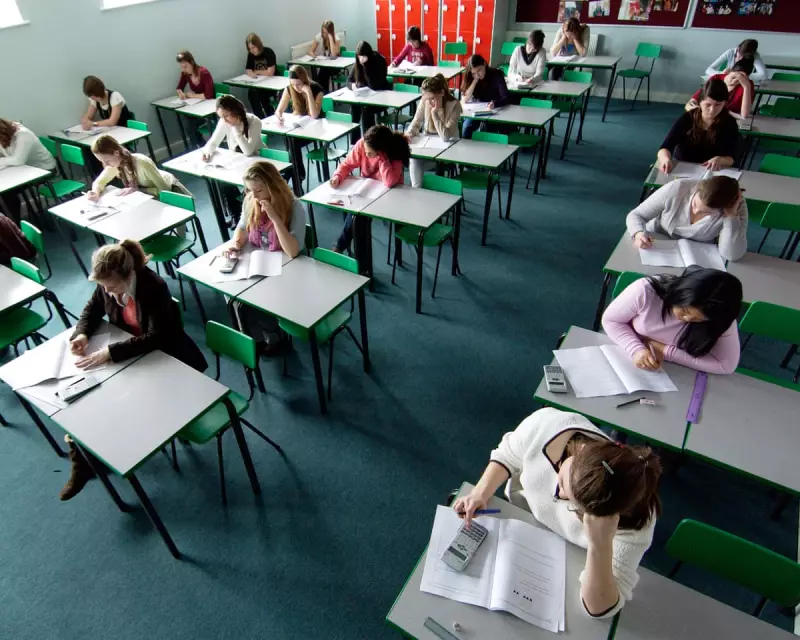
England's education system is poised for its most significant transformation in years as a major government review has unveiled ten key recommendations that could reshape learning for millions of students. The comprehensive assessment, published this week, addresses everything from artificial intelligence to mental health support in what experts are calling a landmark moment for UK education.
The Digital Frontier: Preparing Students for a Tech-Driven World
At the heart of the proposed changes is a renewed focus on future-ready skills. The review calls for integrating artificial intelligence literacy across subjects, ensuring students understand both the opportunities and ethical considerations of emerging technologies. Digital skills would move from being a standalone subject to becoming embedded throughout the curriculum.
Core Knowledge and Wellbeing Take Centre Stage
Beyond technological advancements, the recommendations strike a balance between academic rigour and student welfare. The proposed reforms include:
- Strengthened foundation literacy and numeracy programmes with evidence-based teaching methods
- Mandatory mental health and wellbeing education from primary school onwards
- A renewed emphasis on oracy and communication skills across all year groups
- Greater flexibility for teachers to adapt content to local contexts and student needs
Subject-Specific Shakeups: What's Changing?
The review doesn't shy away from subject-level reforms, proposing significant updates to how key disciplines are taught:
- History and Citizenship would see expanded coverage of Britain's diverse cultural heritage
- Science curricula would incorporate contemporary issues like climate change and biotechnology
- Modern languages teaching would be revitalised with greater focus on practical communication
- Creative arts would receive protected curriculum time and updated digital art components
Implementation Timeline and Teacher Support
Recognising the scale of these changes, the review emphasises a phased implementation approach with substantial investment in teacher professional development. The government has committed to extensive consultation with educators and stakeholders throughout the rollout process.
"This isn't about revolution, but evolution," the report states. "We're building on what works while ensuring our curriculum remains relevant for the challenges and opportunities of the coming decades."
The full recommendations now move to the consultation phase, with the Department for Education expected to publish its formal response early next year. For teachers, parents, and students across England, these proposed changes signal the beginning of a new chapter in the nation's educational journey.





